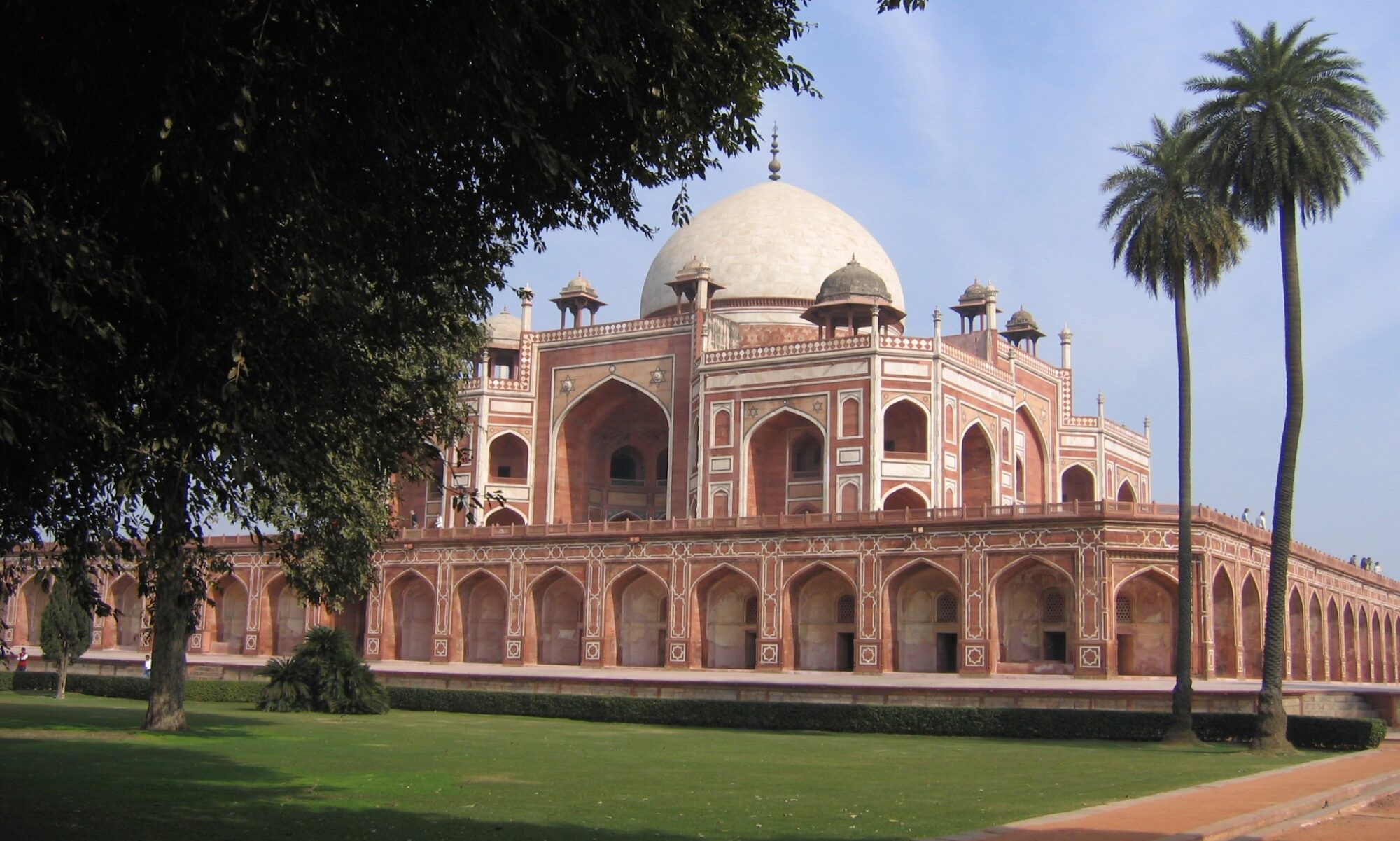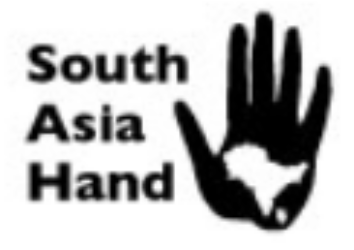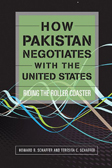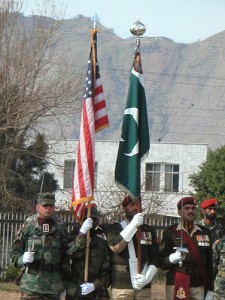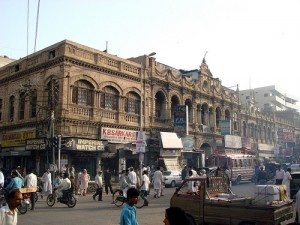
The recent announcement that the United States is suspending about one-third of its military assistance is understandable at one level — but both the United States and Pakistan still need each other, and this is not the way to avoid a breakup. Instead, they need to rebuild the relationship around a civilian core, recognizing the strategic importance of Pakistan’s economy, and to focus on a more modest and concrete set of shared objectives on the security side.
Read Teresita Schaffer’s op-ed on CNN.Com, posted July 14, 2011.
